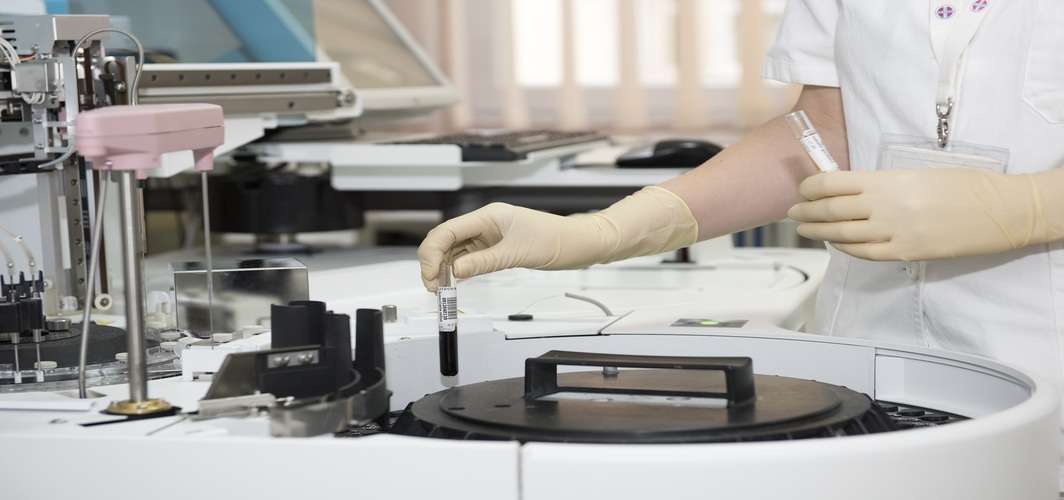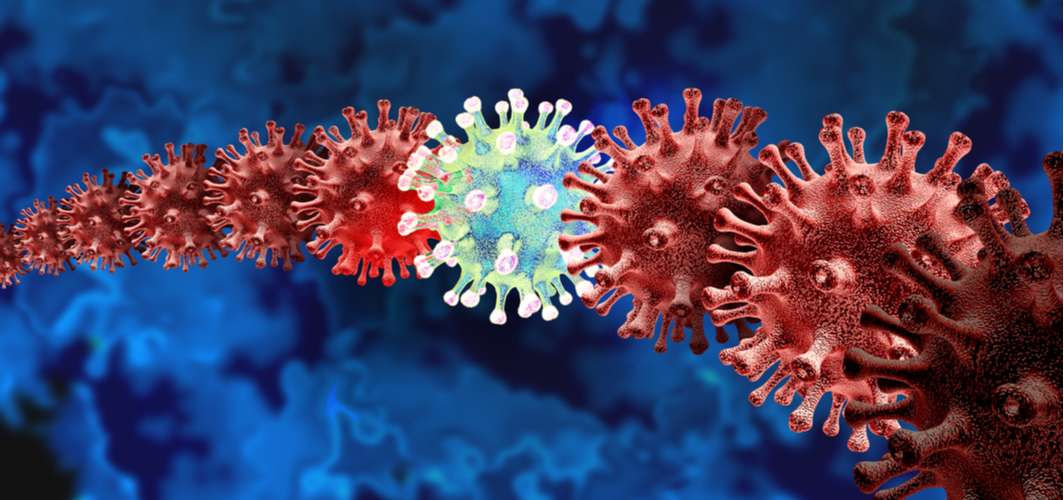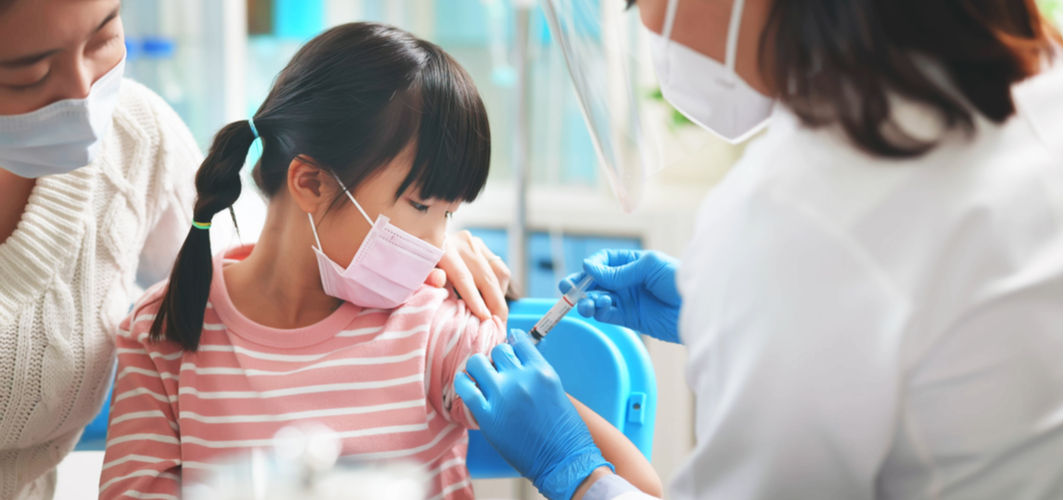COVID-19 Vaccines
Clinical Trials of COVID-19 Vaccines Explained
6 min read
By Apollo 24/7, Published on - 20 October 2020, Updated on - 18 October 2022
Share this article
1
24 likes

What happens in a clinical trial?
The 3 phases of clinical trials:
Phase 1 Trial
- In phase 1, for the first time, the vaccine is introduced and administered to a small group of selected volunteers.
- Gradually, the vaccine dosage is altered and increased among the same group following standard protocols.
- Researchers minutely observe all minor and major side-effects and the positive effects of the new vaccine.
Phase 2 Trial
- In this phase, the researchers replicate the same procedure followed during the first trial on a slightly larger population, generally in the 100s.
- During phase 2, the selection of volunteers is also made eclectic, that is a mixture of healthy candidates and people suffering from illnesses or other co-morbid conditions.
- The mixed volunteers are then subjected to the vaccine and this is done to better understand the reactions and effectiveness of the vaccine.
Phase 3 Trial
- Phase 3 is considered the most important phase as the vaccine has now passed two trials and has been thoroughly studied.
- The trials in phase 3 are done on a very large population which includes thousands of people. The trials at this stage can go up to 12 months or more.
- The placebo effect is also brought into play to know about post-vaccination immunity over the natural immunity of the volunteers.
- If at any stage during this phase, any unusual or severe reactions are observed even in a small group, or a single member, the vaccine development is paused until it is considered safe and given the go-ahead by the safety scientific community.
Regulatory review and approval
- After clinical trials of phases 1, 2 and 3, the results are reviewed and the data carefully analyzed to understand the safety, efficacy and readiness of the candidate vaccine.
- Major approvals, licensing, marketing and administering rights are given during this stage, before making it commercially available for public health use.
Common side-effects of vaccines
- Fever
- Fatigue
- Chills
- Joint and muscle pains
- Headache
- Allergic site reactions (redness & soreness)
COVID-19 vaccines and reported side effects during trials
Conclusion
COVID-19 Vaccines
Leave Comment
Recommended for you

COVID-19 Vaccines
COVID-19 variants of concern: Why vaccines alone may not be enough
Unless urgent measures are taken, these new variants of concern will put vaccination and other pandemic control measures at the risk of getting derailed.

COVID-19 Vaccines
Why Young and Healthy Adults Should Get Vaccinated Against COVID-19
Experts suggest that unless a significant section of the population is immunized, the third and successive waves of COVID-19 will remain a possibility.

COVID-19 Vaccines
Top things you should know about Corbevax: The COVID-19 Vaccine for kids
Corbevax is a safe and effective COVID-19 vaccine that can be administered to kids in the age group of 12 to 14 years to protect them against the contagious coronavirus.
Subscribe
Sign up for our free Health Library Daily Newsletter
Get doctor-approved health tips, news, and more.
Visual Stories

COVID-19 Vaccine Factbox: Bharat Biotech
Tap to continue exploring
Recommended for you

COVID-19 Vaccines
COVID-19 variants of concern: Why vaccines alone may not be enough
Unless urgent measures are taken, these new variants of concern will put vaccination and other pandemic control measures at the risk of getting derailed.

COVID-19 Vaccines
Why Young and Healthy Adults Should Get Vaccinated Against COVID-19
Experts suggest that unless a significant section of the population is immunized, the third and successive waves of COVID-19 will remain a possibility.

COVID-19 Vaccines
Top things you should know about Corbevax: The COVID-19 Vaccine for kids
Corbevax is a safe and effective COVID-19 vaccine that can be administered to kids in the age group of 12 to 14 years to protect them against the contagious coronavirus.